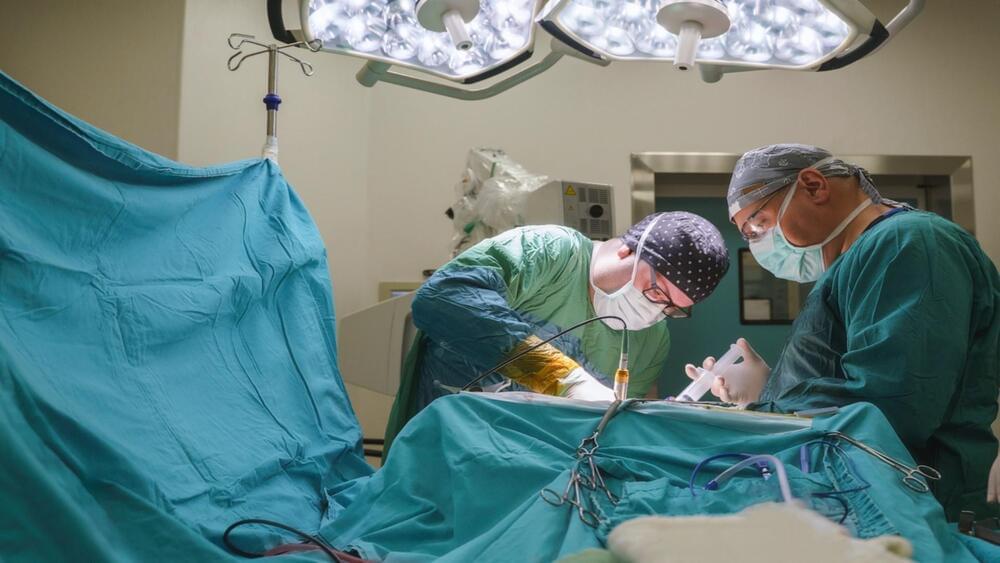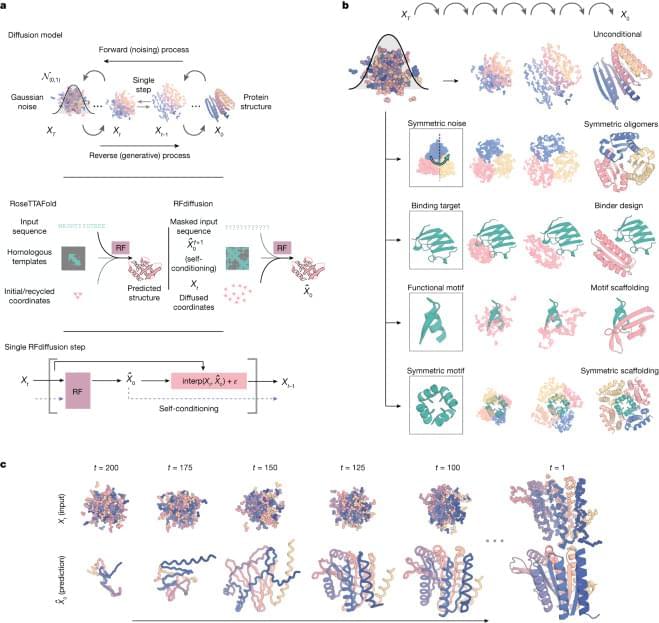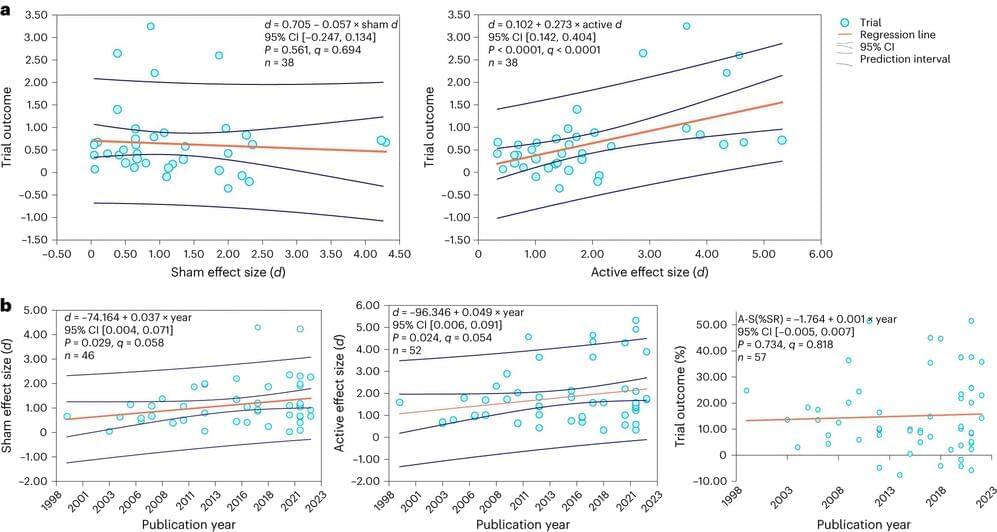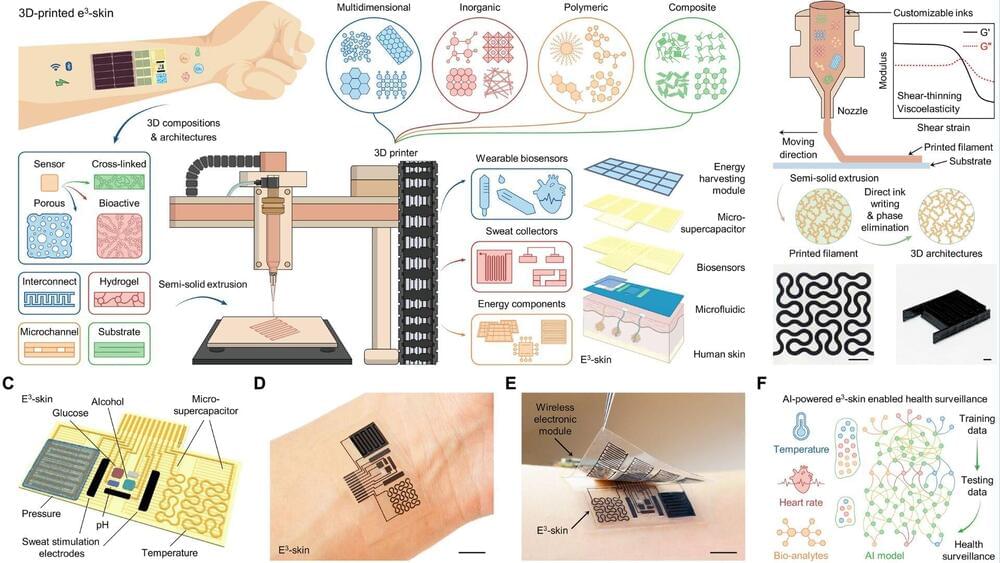Researchers at Baylor College of Medicine have developed a new compound called d16 that can reduce tumor growth and overcome therapeutic resistance in mutant p53-bearing cancers in the lab. The findings, published in the journal Cancer Research Communications, a journal of the American Association for Cancer Research, open opportunities for new combination therapies for these difficult-to-treat cancers.
“One of the most common alterations in many human cancers is mutations in p53, a gene that normally provides one of the most powerful shields against tumor growth,” said first author, Dr. Helena Folly-Kossi, a postdoctoral associate in Dr. Weei-Chin Lin’s lab at Baylor. “Mutations that alter the normal function of p53 can promote tumor growth, cancer progression and resistance to therapy, which are associated with poor prognosis. It is important to understand how p53 mutations help cancer grow to develop therapies to counteract their effects.”
Studying how to target p53 mutations that promote cancer growth has been difficult. “One of the challenges has been to develop drugs that act on mutant p53 directly. Some of these drugs are under development, but they appear to be toxic,” said Lin, professor of medicine-hematology and oncology and of molecular and cellular biology. He also is a member of Baylor’s Dan L Duncan Comprehensive Cancer Center and the corresponding author of the work.







